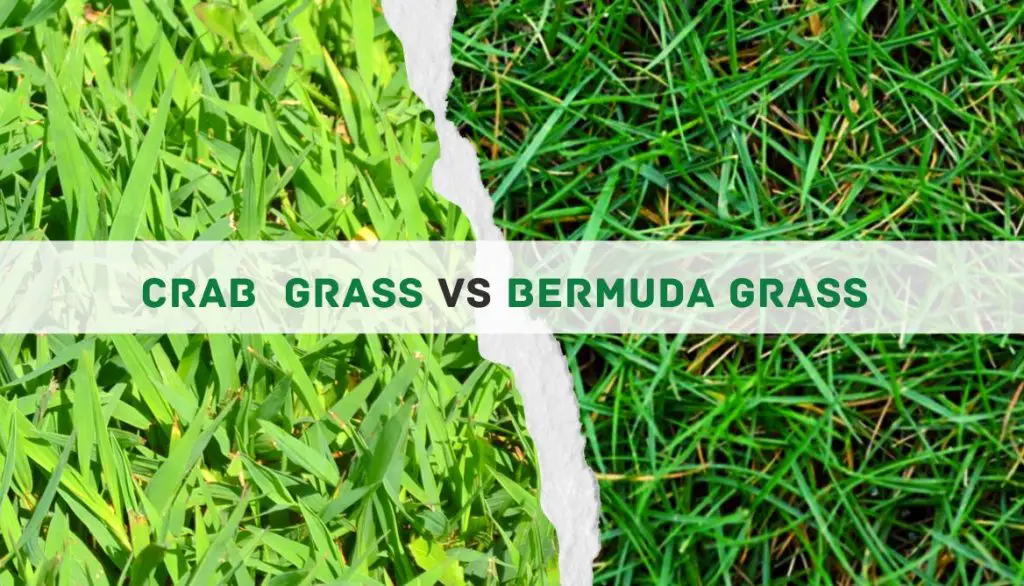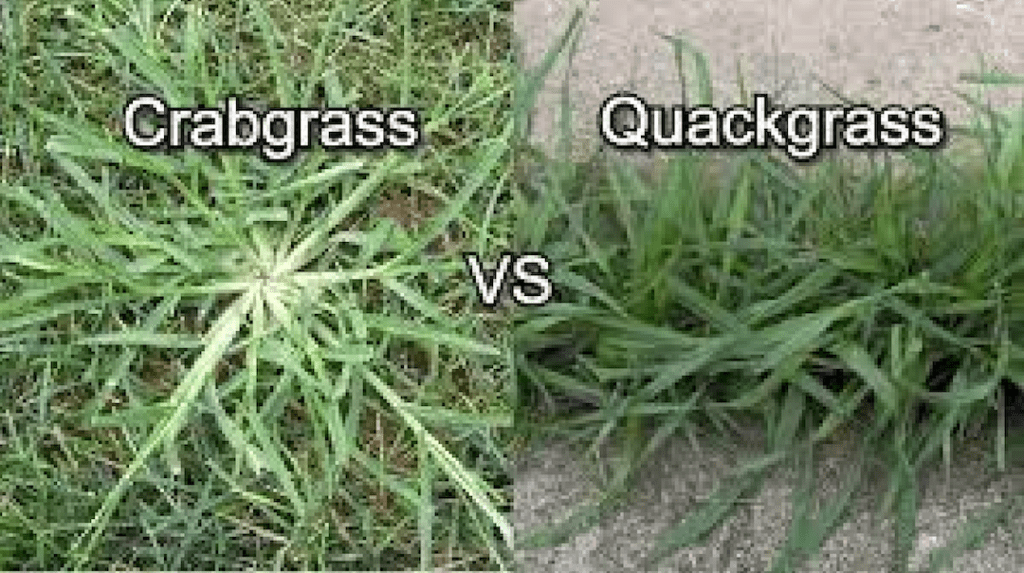Crab Grass Vs Bermuda Grass
Crab Grass vs Bermuda Grass: How to Tell the Difference and Which One to Choose?
Do you struggle with unwanted plants in your lawn, but you're not sure whether they're the dreaded crab grass or more desirable Bermuda grass? Understanding the key differences between these two types of grass can help you keep your lawn looking lush and healthy.
If you live in an area where crab grass and Bermuda grass both grow, you may have noticed that crab grass seems to overtake lawns quickly, while Bermuda grass is much slower to spread. Crab grass is an annual weed that can grow rapidly and take over an entire yard, while Bermuda grass is a warm-season perennial that can be more challenging to establish but is much more desirable because of its durability and texture.
So, what are some of the key differences between crab grass and bermuda grass? The most noticeable difference is that crab grass is light green, while Bermuda grass is dark green. Bermuda grass grows in dense, compact shoots, and has a characteristic curling top. Crab grass, on the other hand, is light green and grows in thicker, coarser blades.
Overall, when it comes to choosing between bermuda grass vs crab grass, it really depends on the desired aesthetics and climate. Bermuda grass looks more beautiful, but it requires more maintenance. Crab grass is more resistant and requires less maintenance, but it shouldn't be used in a front yard or another area that you'd like to look nice.
My experience with crab grass and bermuda grass
As a turf professional, I've seen countless lawns dominated by crab grass and struggling to maintain bermuda grass. There were some neat and tidy, which was amazed me, so I asked the owner. They told me they allowed professionals to handle their lawn hygiene. That was when I learned the importance of leaving some delicate lawns in the hands of professionals.
Bermuda grass has both attractive and practical advantages, but it's not for everyone. Due to its thin blades and the complexity of handling its maintenance, it does best in a south-facing garden in a warm climate. Crabgrass, on the other hand, is perfect for high-traffic areas and is resistant to drought and high temperatures.
Proper maintenance of lawn with crab grass and bermuda grass
When it comes to lawn care, both Bermuda grass and crab grass require a little maintenance to grow thick and healthy. In general, Bermuda grass requires more maintenance because it's more delicate and prone to getting choked out by other species. For the best results, regularly mow your lawn, water it deeply, and fertilize it regularly. Crab grass needs mowing and fertilizer as well, but can stand up to traffic and drought much better than Bermuda grass.
The best time to treat crab grass and bermuda grass
Maintaining a healthy lawn with crab grass vs Bermuda grass requires follow-up once or twice a year. The best thing to do is to keep an eye on your lawn throughout the year, watching for any changes in the grass's appearance, particularly in the spring or fall. This is the optimal time to use a pre-emergent crabgrass control. Bermuda grass, on the other hand, should be treated with herbicides and pre-emergent controls to keep it from getting choked out by weeds.
How to identify crab grass and bermuda grass
Identifying crab grass and Bermuda grass doesn't have to be difficult if you know what you're looking for. The easiest way to tell them apart is to look at the leaves and the blades. Bermuda grass is darker green and has a distinctive curl on the end of the blades. Crab grass, on the other hand, has lighter green leaves and a thicker blade that's coarser to the touch.
Question and Answer
Q: How do I get rid of crab grass?
A: Apply pre-emergent herbicides in the spring and fall to prevent crabgrass seeds from germinating, then try to encourage healthy, dense lawn growth to keep crabgrass at bay.
Q: What are some of the benefits of Bermuda grass?
A: Compared to crab grass, Bermuda grass is more durable, has a more attractive appearance, and is more resistant to drought and high temperatures.
Q: Can you plant Bermuda and crab grass together in your lawn?
A: Mixing grass types is discouraged because it creates an uneven look and the more aggressive crab grass may overtake the slower-growing Bermuda grass.
Q: Is crab grass harmful to your lawn?
A: Crab grass can lead to an unsightly lawn, but it's generally harmless and unlikely to spread or cause long-term damage if it's caught early.
Conclusion
When it comes to crab grass vs Bermuda grass, the decision ultimately comes down to the desired look and stress it can handle in your climate. While Bermuda grass requires more maintenance, it's more attractive and durable, while crab grass is tough and requires less upkeep but may not be as visually pleasing.
Gallery
What Kills Signalgrass: Getting Rid Of Signalgrass Plants

Photo Credit by: bing.com / weeds grass broadleaf
Crab Grass Vs Bermuda Grass: 10 Key Differences And The Winner!

Photo Credit by: bing.com /
Common Grassy Weeds | Dr. Green Lawn Care Services

Photo Credit by: bing.com / quackgrass crabgrass weeds grassy quack ortho greenlight
Bermuda Grass Vs Crabgrass: How Are They Different? - Turf&Till

Photo Credit by: bing.com / bermuda crabgrass bermudagrass etramay
Bermuda Grass Vs Crab Grass: How Are They Different? - Turf&Till

Photo Credit by: bing.com / grass bermuda crabgrass